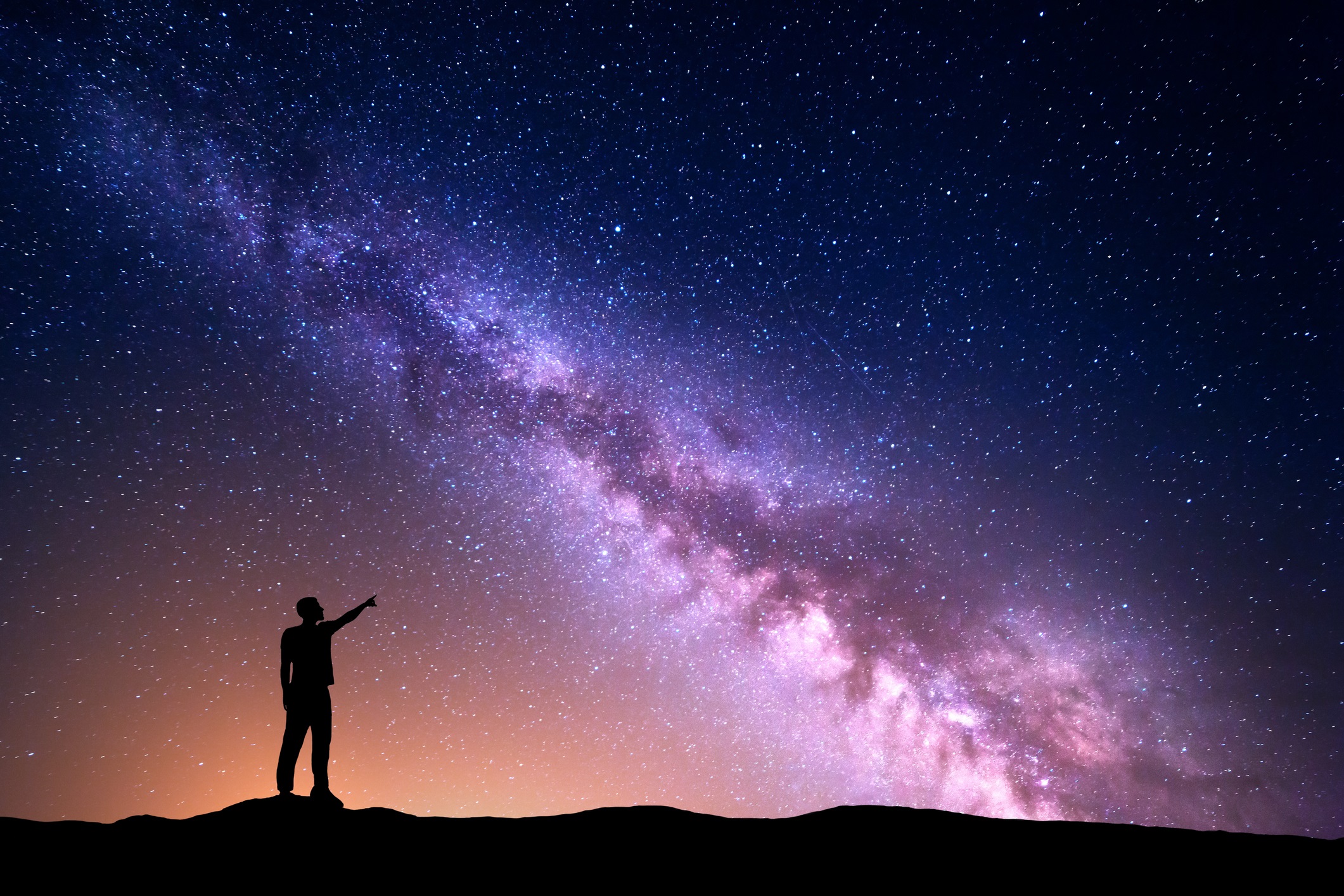The intersection of quantum physics and Quranic insights presents a unique opportunity to deepen both spiritual and scientific understanding. This integration encourages a holistic approach to knowledge, where faith and science are seen as complementary rather than contradictory. By exploring how the Quran’s descriptions of creation align with modern scientific discoveries, we can foster a richer appreciation of the universe and our place within it.
The Role of Curiosity and Exploration
One of the core principles shared by both science and the Quran is the encouragement of curiosity and exploration. The Quran repeatedly invites believers to observe and reflect on the natural world as a means of understanding divine wisdom:
“Say, ‘Travel through the land and observe how He began creation. Then Allah will produce the final creation. Indeed, Allah is over all things competent.'” (Quran 29:20)
This verse highlights the importance of studying the processes of creation, suggesting that through exploration, we can gain insights into the continuous unfolding of the universe. This mirrors the scientific method, which relies on observation, experimentation, and analysis to uncover the mysteries of nature.
Bridging the Gap Between Science and Faith
For centuries, there has been a perceived divide between science and faith. However, the Quran’s references to the natural world provide a bridge that connects these two realms. By interpreting Quranic verses in light of scientific discoveries, we can enhance our understanding of both.
For example, the Quran’s description of the heavens and the earth being a “closed-up mass” before being “opened out” (Quran 21:30) can be seen as a metaphorical representation of the Big Bang Theory. This interpretation not only aligns with scientific understanding but also enriches the spiritual perspective by framing the creation of the universe as a deliberate and purposeful act of divine will.
The Unity of Knowledge
The Quran emphasizes the unity of knowledge, suggesting that all forms of understanding ultimately stem from the same divine source:
“And of knowledge, you have been given only a little.” (Quran 17:85)
This verse underscores the idea that human knowledge, whether scientific or spiritual, is limited and interconnected. By recognizing this unity, we can approach both science and faith with humility and openness, appreciating that each offers valuable insights into the nature of reality.
Moral and Ethical Implications
The Quran’s emphasis on the natural world also carries moral and ethical implications. By understanding the divine wisdom embedded in creation, we are encouraged to act as responsible stewards of the environment. The concept of “vicegerency” in Islam, where humans are seen as caretakers of the Earth, aligns with contemporary environmental ethics:
“It is He who has made you successors upon the earth…” (Quran 35:39)
This verse highlights our responsibility to protect and preserve the natural world, a principle that resonates with the growing global emphasis on sustainability and conservation.
Quantum Entanglement and Spiritual Connectivity
Quantum entanglement, a phenomenon where particles become interconnected and affect each other instantaneously regardless of distance, offers a fascinating parallel to spiritual concepts of interconnectedness. The Quran speaks to the unity and interdependence of creation:
“And We have created you in pairs.” (Quran 78:8)
This notion of paired creation reflects the interconnectedness seen in quantum physics, suggesting a deeper, intrinsic connection between all elements of the universe. This perspective can enhance our understanding of spiritual relationships and the interconnected nature of existence.
Light as a Symbol of Knowledge and Guidance
Light plays a central role in both quantum physics and Quranic metaphor. In physics, light is fundamental to understanding the behavior of particles and energy. In the Quran, light symbolizes divine guidance and knowledge:
“Allah is the Light of the heavens and the earth…” (Quran 24:35)
This verse beautifully merges the physical and spiritual dimensions of light, emphasizing its importance in illuminating both the material and metaphysical realms. By exploring this metaphor, we can appreciate how the Quran uses natural phenomena to convey profound spiritual truths.
The Continuity of Creation and Evolution
The Quran’s depiction of creation as an ongoing process aligns with scientific theories of evolution and cosmic development. The idea that Allah continually guides and sustains creation resonates with the scientific understanding of an evolving universe:
“Say, ‘Travel through the land and observe how He began creation. Then Allah will produce the final creation.'” (Quran 29:20)
This verse encourages us to view creation as a dynamic and continuous process, reflecting the scientific view of the universe as constantly evolving and changing. This perspective fosters a sense of wonder and curiosity about the natural world and our place within it.
Integrating Knowledge for Holistic Education
By integrating scientific and spiritual knowledge, we can develop a more holistic approach to education. This involves teaching students to appreciate both the empirical and the metaphysical aspects of the universe, fostering critical thinking and spiritual awareness. The Quran’s invitation to observe and reflect on creation provides a framework for this integrated approach, encouraging a balanced pursuit of knowledge:
“Do they not look into the realm of the heavens and the earth and everything that Allah has created…” (Quran 7:185)
This holistic approach can inspire future generations to pursue knowledge with a sense of purpose and interconnectedness, bridging the gap between science and spirituality.
Conclusion
The exploration of quantum physics in the light of Quranic insights offers a unique and enriching perspective that enhances both spiritual and scientific understanding. By recognizing the parallels between Quranic descriptions of creation and modern scientific discoveries, we can foster a deeper appreciation of the universe and the divine wisdom that underpins it.
This integrated approach encourages a holistic view of knowledge, where science and faith complement each other, offering valuable insights into the nature of reality. It underscores the importance of curiosity, exploration, and ethical responsibility, guiding us towards a more interconnected and harmonious understanding of existence.









